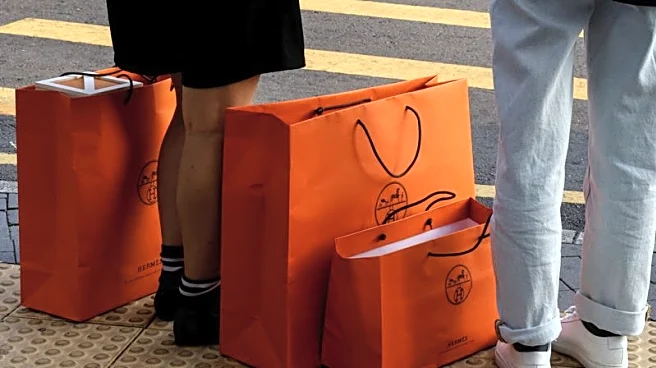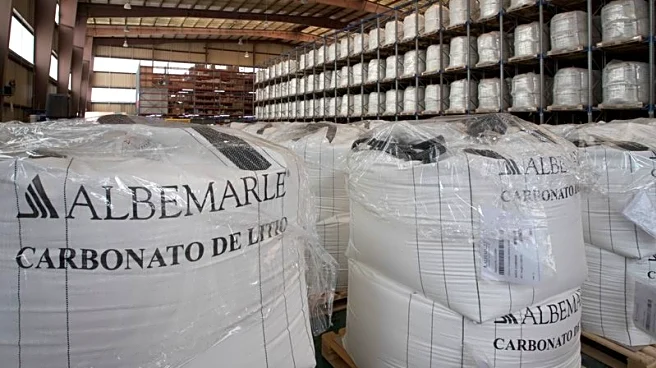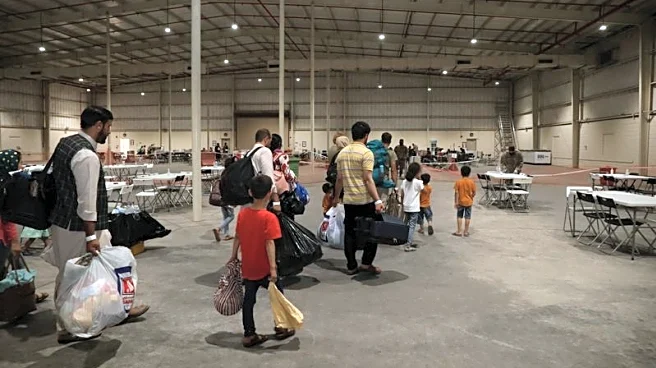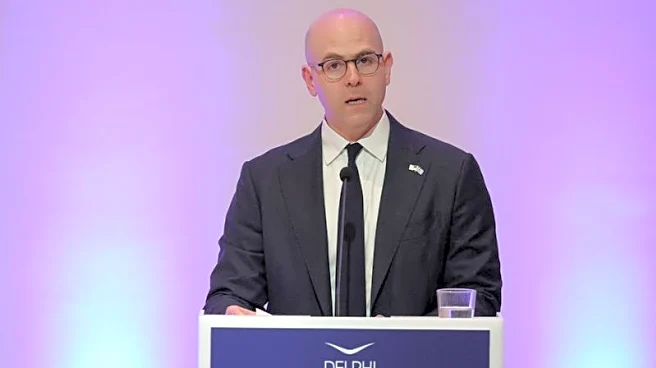By Mimosa Spencer and Tassilo Hummel
PARIS (Reuters) -Birkin bag maker Hermes signalled a slight improvement in key market China as it reported a 9.6% rise in third-quarter sales on Wednesday, outpacing peers as wealthy shoppers splashed out on its $10,000 handbags.
The cautiously upbeat comments on Chinese demand, which accounts for roughly a third of global luxury sales, follow similar signals from rivals LVMH and L'Oreal.
"One could note a very slight improvement in the third quarter," finance chief
Eric de Halgouet told journalists on a call, citing stabilising real estate prices in large cities and positive stock market trends.
In the United States, store foot traffic increased, with even growth across all regions, he said, adding that Hermes would continue to invest in the country, where it just opened a new store in Nashville.
GROWTH FALLS SLIGHTLY SHORT OF FORECASTS
Sales for the three months to the end of September came to 3.88 billion euros ($4.52 billion), up 9.6%, lifted by growth in the United States, slightly below analyst expectations for 10% growth, according to a Visible Alpha consensus cited by UBS.
Hermes shares fell 3% in early Paris stockmarket trade following the trading update. Jeffries analysts said some investors are finding the company's traditional consistency "unexciting" compared to turnaround stories at other players.
Sales of leather goods, including its classic Birkin, Constance and Kelly handbags, rose 13.3%, accounting for nearly half of annual sales.
Shares at Hermes, which briefly overtook LVMH as the world's biggest luxury group in terms of market capitalisation in April this year, have fallen 3% in the past three months as investors shift their bets to improving performance at LVMH, up 31%, and turnaround efforts at Kering, up 65%.
Hermes, which maintains tight control of production - a steady pace of 6-7% per year - has weathered the prolonged luxury downturn better than other fashion houses, largely carried by its prized leather goods.
Sales of clothing, jewellery and silk scarves, products seen as more accessible to a wider clientele than the exclusive handbags, ticked up.
High-end fashion brands are facing weaker demand in key market China, which has been hit with a property crisis and volatility in the United States as trade wars flare up.
LVMH's sales report last week prompted an $80 billion rally in luxury shares on hopes the industry had turned the corner in China, but analysts have cautioned it is early to call an end to the industry's two-year slump.
(Reporting by Mimosa Spencer and Tassilo Hummel, Editing by Louise Heavens)
















